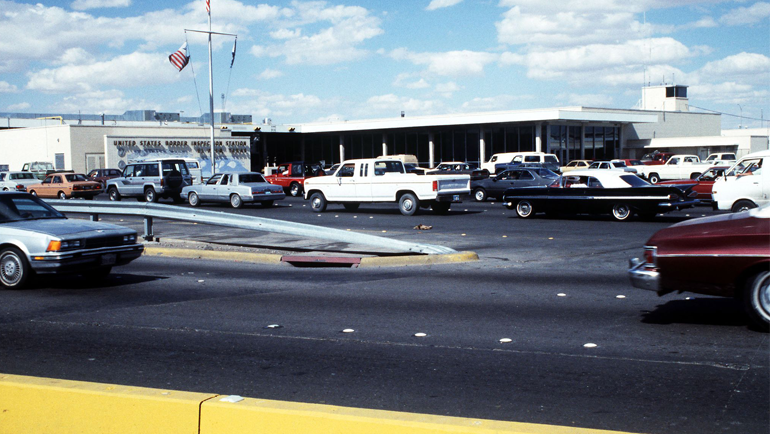Menu
Hot-Topics
February 5, 2026 | SCOTUS Decision in Bowe v. United States Is First of the 2026 Term
Tag: Supreme Court Decisions

SCOTUS Sides with Military Reservist in Differential Pay Dispute
In Feliciano v. Department of Transportation, 605 U.S. ____ (2025), a divided U.S. Supreme Court held that a federal civilian employee called to active duty pursuant to “any other provision of law ... during a national emergency” as described in...

Roth v US: Obscene Speech Under First Amendment
In Roth v US, 354 U.S. 476 (1957), the U.S. Supreme Court held that obscene speech was not protected under the U.S. Constitution. The decision also established a test to determine whether speech should be considered obscene. Facts of Roth...

Article 2 “Advice and Consent” Limits Appointment Power of the President
In National Labor Relations Board v. SW General, the Supreme Court limited the President’s ability to fill vacancies under the Federal Vacancies Reform Act of 1998 (FVRA). By a vote of 7-2, the Court held that a person can’t serve in an acting ca...

Supreme Court Denies Certiorari in Texas Voter ID Case in Abbott v Veasey
The U.S. Supreme Court denied certiorari in Abbott v Veasey, which challenges a controversial voter identification law implemented by the State of Texas. Nonetheless, the justices did leave the door open to review the voter ID law in the future. &...

White v Pauly: Qualified Immunity in Police Shooting Case
In its first decision of 2017, the U.S. Supreme Court unanimously ruled that a New Mexico police officer was entitled to qualified immunity. As highlighted in the Court’s per curium opinion in White v Pauly, 580 U. S. ____ (2017), “qualified immu...

Supreme Court to Consider Immunity for Cross-Border Shooting in Hernandez v Mesa
On October 11, 2016, the Supreme Court added several high profile cases to its docket. One of the most-anticipated cases is Hernandez v Mesa, which involves the fatal shooting of a Mexican teenager by United States Border Patrol from across the U.S. ...
Previous Articles
SCOTUS Rules State Can’t Immunize Parties from Federal Civil Liability
by DONALD SCARINCI on January 29, 2026
In John Doe v. Dynamic Physical Therapy, LLC, 607 U.S. ____ (2025) the U.S. Supreme Court held that...
Supreme Court to Address Racial Discrimination in Jury Selection
by DONALD SCARINCI onWhile the U.S. Supreme Court has concluded oral arguments for the year, it continues to add cases t...
Supreme Court Halts Deployment of National Guard to Chicago
by DONALD SCARINCI on
In Trump v. Illinois, 607 U.S. ____ (2025), the U.S. Supreme Court refused to stay a district court...
The Amendments
-
Amendment1
- Establishment ClauseFree Exercise Clause
- Freedom of Speech
- Freedoms of Press
- Freedom of Assembly, and Petitition
-
Amendment2
- The Right to Bear Arms
-
Amendment4
- Unreasonable Searches and Seizures
-
Amendment5
- Due Process
- Eminent Domain
- Rights of Criminal Defendants
Preamble to the Bill of Rights
Congress of the United States begun and held at the City of New-York, on Wednesday the fourth of March, one thousand seven hundred and eighty nine.
THE Conventions of a number of the States, having at the time of their adopting the Constitution, expressed a desire, in order to prevent misconstruction or abuse of its powers, that further declaratory and restrictive clauses should be added: And as extending the ground of public confidence in the Government, will best ensure the beneficent ends of its institution.
Awards





